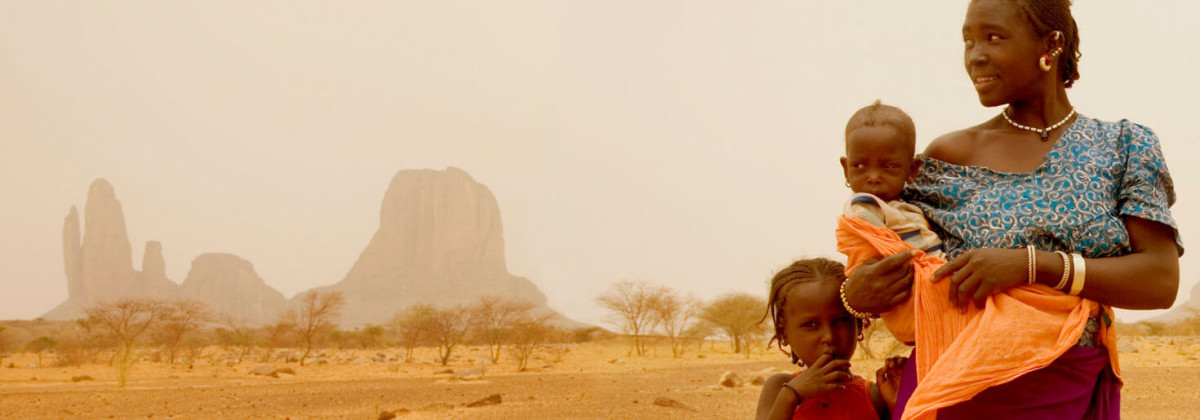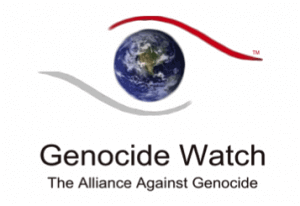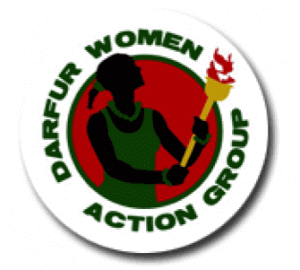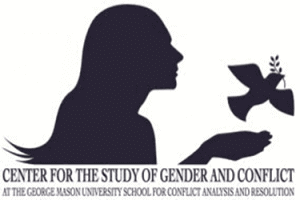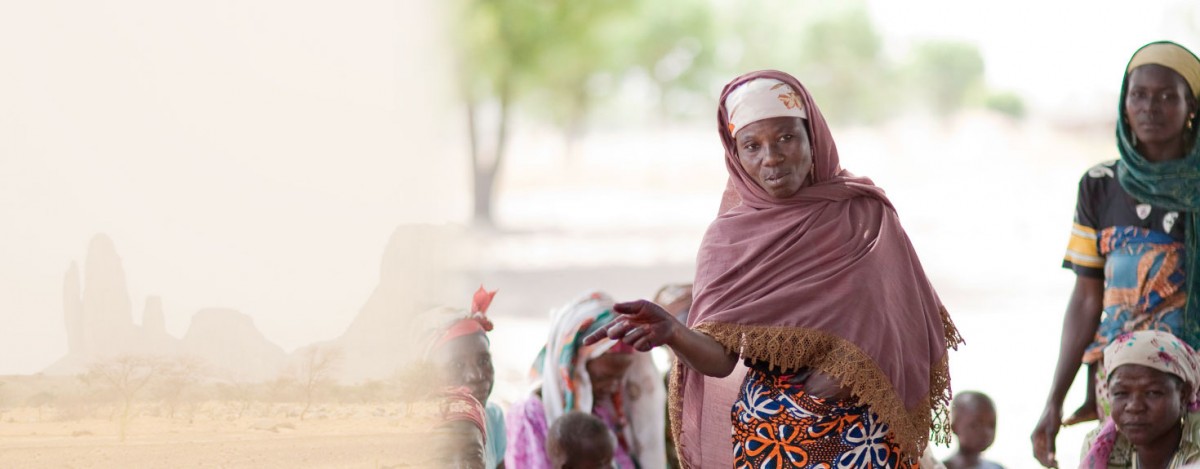On the evening of October 31st, 2014, at approximately 8pm local time, government soldiers in Northern Darfur terrorized a village just a couple miles away from the United Nation-African Union Mission in Darfur (UNAMID) headquarters. The small village of Tabit was invaded by Sudanese soldiers belonging to a military garrison south of El Fasher. These soldiers rounded up the Tabit villagers, beat them with their guns, and forcibly separated the men from the women. The soldiers then stayed until 4:00 AM the following morning, raping over 221 women and girls. Two army defectors told Human Rights Watch that their superior officers had ordered them to “rape women.” Human Rights Watch later confirmed these statements with 27 separate incidents of rape, and obtained credible information about an additional 194 cases.
Immediately following the rape, the Sudanese government vehemently denied the attacks and prohibited UN investigators from entering the town in a bid to prevent victims and witnesses from sharing information about the crimes. The Sudanese government formally denounced reports of the rape as “fabricated” and that such accusations “represent an insult and humiliation to Tabit’s citizens before it represents an insult to the government and army.”
The UN-African Mission in Darfur (UNAMID) investigation team also attempted to cover up the rape, concluding that there was never any incidence of mass rape in Tabit, denying any evidence and any credible information regarding the media allegations during the period in question. During the initial UNAMID investigation, there was heavy solider presence who followed the monitors and recorded the interviews. Multiple victims and witnesses later reported that government officials threatened to imprison or kill anyone who spoke out about the attacks.
We were shocked and outraged, and decided to take action. Therefore, Darfur Women Action Group has launched a petition on Change.org calling on the United Nations Security Council (UNSC) to protect the people of Darfur and demanded an investigation into these horrific war crimes. The UNSC response was to demand an investigation, however until today, the investigation has not been carried out because of the denial of investigative access by the Sudanese Government.
It has now almost been one year since this incident occurred. Regrettably, there has not been a formal investigation into the attacks nor any kind of treatment or support provided to the Tabit victims.
Darfur Women Action Group is launching a new awareness campaign to stand in solidarity with the victims of Tabit and other Darfuri women and victims. We invite you to join our campaign by taking the following actions:
- Sign our Change.org petition asking the UN Security Council to investigate this atrocity
- Join our social media action by (re)tweeting our message: I stand with the women of Darfur because (insert your reason here):
- use the hashtags #221WomenRaped, #Respond2Darfur & #WomenAndGenocide, #DWAG6
Please join us and help us spread the word about the ongoing genocide in Darfur and the unspeakable suffering of women and girls.
